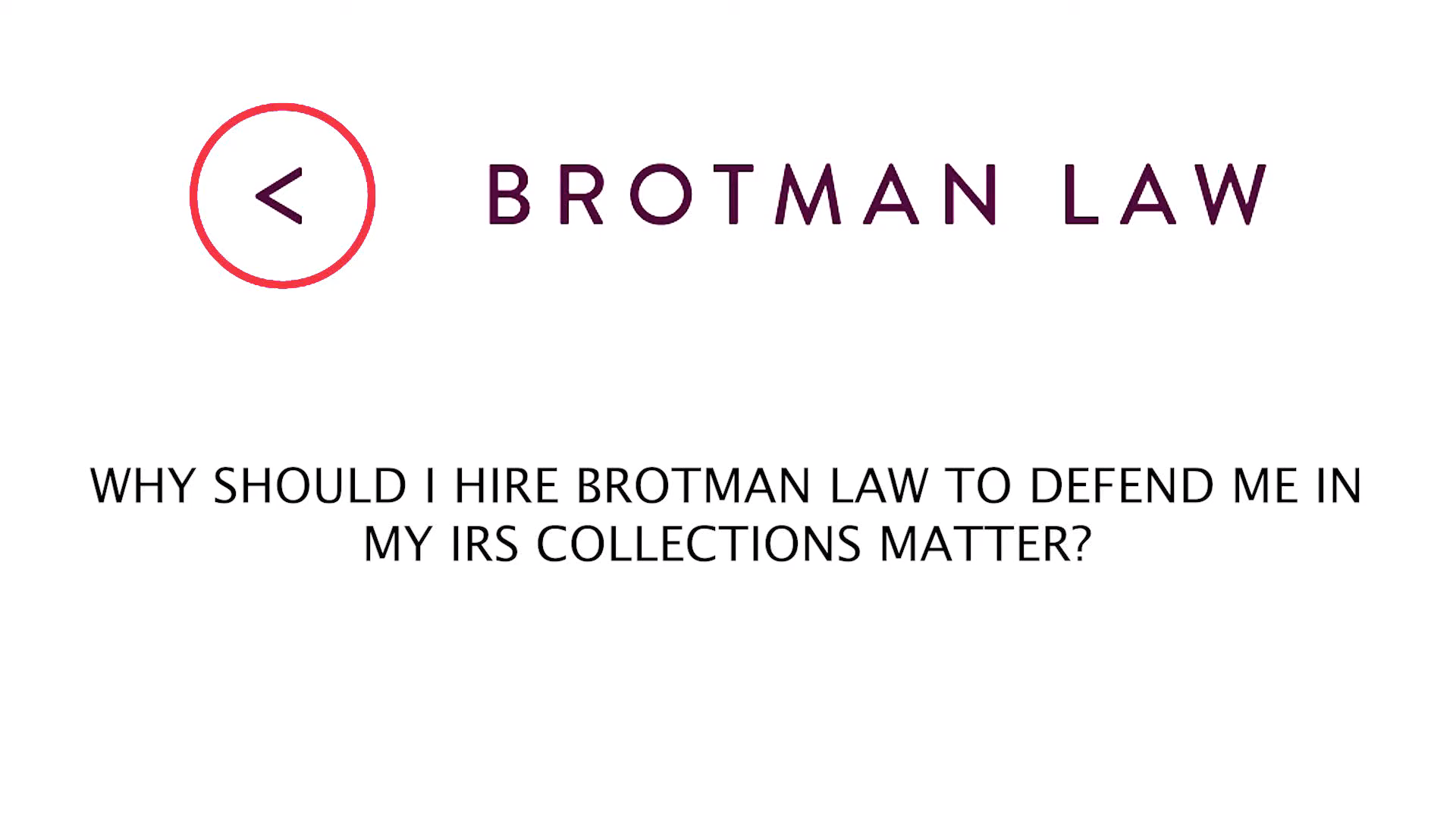In the IRS collection process, there’s a lot of answers to that and obviously my answer in terms of cost is going to be very fact dependent on how much you owe the IRS and what the situation is and whether or not you have a local agent chasing you and so on and, so forth. But I’ll generally say this. It’s situations where we can get our head around the issue, just pretty much every one of them and we formulate a plan in place, the steps to resolve that plan are usually not that bad. Resolving IRS collections is pretty straightforward because the IRS uses a formula for resolving collections matters in terms of what they’ll accept or not accept. If you understand that formula you can understand where the cracks are and you can navigate around it to the benefit of the client but the reality of the situation is, as I usually tell my clients, how much do you want to pay the IRS and how much could you pay them if you absolutely had to? So between those two numbers we usually get a range and the more reasonable
the client is willing to be with the IRS, and some are not willing to be reasonable, but the more reasonable it is, generally speaking, the closer and lower cost it will be to deal with the issue. So for example, simple payment plans with the IRS may be as low as $1,500 if we can get on the phone with them, agree to something that the IRS will readily accept and close the case out. Some collection cases with revenue officers can be very easy, some can take 30 or 40 grand to resolve. It just depends on how big of a fight it is in cases. Where we have multiple million dollars of liability or when there’s multiple moving pieces, collections cases can kind of get out of control but in those situations we’re dealing with a big fight. We’re generally having to go back and forth with the office of appeals, we’re generally having to prevent the revenue officer from shutting down the taxpayer’s business. In most situations, the costs are manageable and we can spread them out over a period of time and make them easily affordable for our clients.
I like to take the position that IRS collection cases are a marathon and not a sprint so the idea is I need to be actively working with my clients to conserve their resources to make sure that we’re doing the best we can to get them over the finish line. So even though IRS collections matters vary very greatly, even though there’s a range of collections options from an offer and compromise to a simple payment plan to an all-out war with a revenue officer, most situations end up being fairly economical and fairly cost effective for the client. What I’d recommend because I really can’t give you a great answer on this is to run your circumstances by us. Sit down for a consultation, let us develop a strategy and at the very least you can walk out of our office with a plan in place knowing what an attorney will cost in your situation and with no obligation to us in the future. Once you have that plan makes things easy, it’s a much better way for me to give you an accurate estimate with respect to cost for your IRS collection case.
